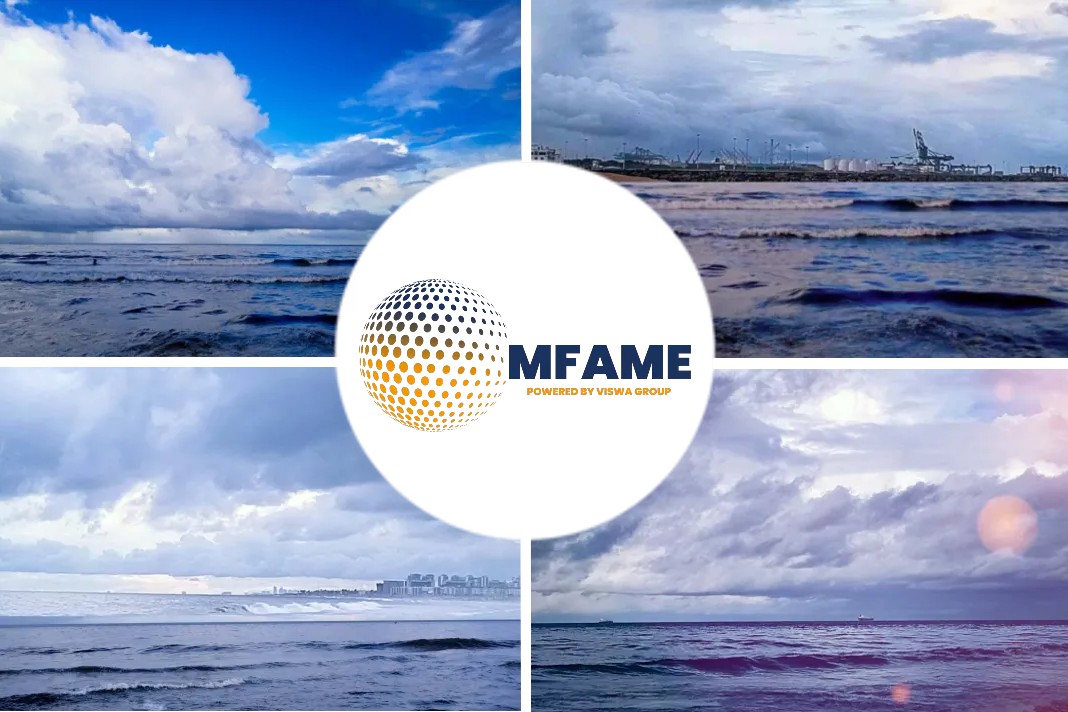Shipping’s global regulator ruled that vessels must slash the sulfur content of fuel used for voyages in the Mediterranean Sea, as part of wider efforts to clean up the industry, reports gcaptain.
The latest rule
The maximum allowed sulfur content of marine fuel in the region will drop to 0.1%, likely from the spring of 2025, a spokesperson for the International Maritime Organization said. The decision, made at this week’s virtual IMO meeting, sets a tighter limit than the current global mandate, and will reduce air pollution, benefiting human health and the environment.
The IMO in 2020 dramatically cut the worldwide sulfur limit on marine fuel from 3.5% to 0.5%, forcing shippers to stop using an old, dirty product they’d relied on for decades or invest in special onboard cleaning systems. That anticipated change caused sharp price moves in some fuel markets and raised concerns about the availability of fuel and ship safety, though those fears proved largely unfounded.
The latest rule covers a much smaller area, but could still have some sizable benefits. It’s set to prevent more than 1,000 premature deaths and 2,000 cases of childhood asthma annually, according to a proposal that was submitted to the IMO before the meeting by multiple countries, including France, Italy and Turkey.
IMO Concludes MEPC78
“There should be sufficient availability of compliant fuels for this new Emission Control Area,” Unni Einemo, director at the International Bunker Industry Association, said earlier this week at the IMO meeting. “Marine gasoil with maximum 0.1% sulfur is offered in most supply locations, both in the Mediterranean and globally.”
Small Burden
More than 30,000 vessels operate each year in the Mediterranean, a major route for oil tankers and also important for ships carrying consumer goods and other commodities like grains, according to the proposal. The air pollution from ships impacts more than just ports and coastlines: it’s also carried hundreds of kilometers inland.
“The burden on international shipping is small compared to the improvements in air quality, the reductions in premature mortality and health incidences associated with this air pollution, and the other benefits to the environment,” the countries said in the proposal. Emission-control areas limiting the sulfur content of marine fuel to 0.1% already exist in some other regions, including North America and the North Sea.
The precise date at which the regulation for the Mediterranean comes into force — after which ships will have 12 months before they need to start complying — is set to be confirmed at another IMO meeting this December, where the rule faces the regulatory hurdle of adoption.
As well as by using cleaner marine fuel, ships can also comply with the new rule by using exhaust gas cleaning systems, known as scrubbers, if approved by their flag state.
Low-sulfur gasoil supplies are currently being affected by the war in Ukraine, as many southern European countries had been importing the fuel from Russia to cover demand and blending needs, said Soren Holl, chief executive officer of marine fuel trader and broker KPI OceanConnect.
“Under normal circumstances, we believe there will be enough product available to supply the market and we feel that the switch will drive the prices up, at least in the short term,” he said.
Greenhouse Gases
The IMO’s week-long meeting also included discussion of the reduction of greenhouse gas emissions from ships. The shipping industry is a major emitter of CO2, spewing more into the atmosphere each year than Germany and the Netherlands combined.
The International Chamber of Shipping, which represents 80% of the world’s merchant fleet, expressed frustration at the IMO’s lack of progress on a plan to create an R&D fund of about $5 billion for zero-carbon technologies and fuel, funded by a $2 a ton levy on marine fuel. Guy Platten, ICS’s secretary general, said the proposal had, in effect, been “killed”.
Progress on cutting greenhouse gas emissions was “pretty much as expected: minimal,” said Edmund Hughes, a former IMO official.
“Whilst many commentators are highlighting the call by an increasing number of governments for greater ambition, we are getting to a point where action needs to be seen rather words,” he said.
Did you subscribe to our daily Newsletter?
It’s Free! Click here to Subscribe
Source: gcaptain



















